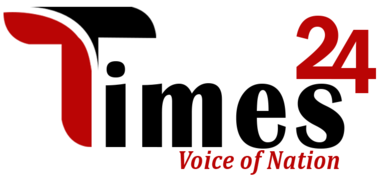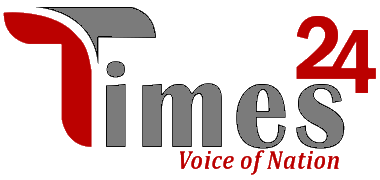Financial planning for the self can be a challenging task, especially if you also have dependents. However, this is also one of the essential functions that an individual can perform. If you have a handle on your monthly expenses, you can rest assured that you will never fall into a debt trap.
There are several methods using which you can indulge in monthly financial planning. You can opt for top-down financial planning, in which you add up the total of your expenses and come up with a budget, or bottom-up financial planning, in which you determine a budget and tailor your costs accordingly.
Let us look at some steps that can help you in your monthly financial planning.
Write It Down
It is essential to write down the financial goals that you have for the month. This doesn’t just allow you to build a plan around these goals but also ensure that you constantly have reference to these goals close at hand. Regardless of the level of goals that you have, you should have the capacity to create a concrete plan out of them.
You can maintain a journal that contains a detailed account of all your financial goals. On a daily, weekly, or monthly basis, you can also record how much closer you are to these goals.
Contingency Fund
Alongside regular financial planning, it is also essential to have a contingency fund. Everyone has to deal with emergencies, and your capability to do so depends significantly on how much you have saved up for bad days. A part of your monthly budget must hence necessarily go to an emergency fund.

This emergency fund doesn’t necessarily need to be a bank account. It can be a mutual fund or even a fixed deposit. What is essential is that you recognise the importance of such a fund.
Managing Debt
All people have to deal with debt at some point in their lives. How they emerge from such debt depends squarely on their approach toward resolving it. A planning-based system is bound to better at getting out of debt than a method that is more spontaneous.
A fixed amount of your income must be earmarked toward paying back your debt. In deciding this amount, you must consider the length of time you wish to pay back your loan and the rate of interest on the debt.
Also, as far as possible, aim not to take further credit to pay back previous credit since this can impact your rating and ability to get credit.
Investing
Alongside paying back debt, you must also look toward building wealth. There are few better ways of building passive income than investing thoughtfully. Have a certain proportion of your monthly income marked for such investments.
Before you decide where to invest, make sure that you have conducted thorough research on the various options available. Try and balance the risk and reward involved in investment, and diversify your investment among various financial instruments. This will help you stay clear of significant losses in the endeavour.
Insurance
While a significant proportion of employers do provide insurance, especially if you are working in the corporate or public sectors, it is also viable to have your own insurance plan.
Employer-provided insurance seldom meets all your needs in terms of appreciation and monthly premiums. It is crucial to account for these premiums in your monthly plan as well.
Insurance policies can also be great investment options. After the insurance policy lapses, you are liable to get a compounded form of your investment back, making it a wealth-building option as well.
Retirement Planning
Planning for your retirement is one of the most important activities you can carry out for your future. Here, the earlier you start, the safer you are likely to be in your old age. Being self-sufficient in old-age can have rich dividends for you and your family.
It is never too early to start planning for your retirement. It isn’t wrong to start with a small proportion of your income when you are young, but you must increase this proportion as the years’ pass. You can also invest in a retirement planning fund that matures after a few decades.
Tax Planning
Planning for taxes must not be left to the end of the year alone. Doing your taxes only at the end of the year can lead to some rude shocks, including a deflated income for the last month. Hence, it is better that you determine the taxes burden on you at the beginning of the year and keep accounting for it every month.
You can also invest in specialised tax saver find that will help you in reducing your tax burden. Such funds also generally require a monthly contribution, and your expenses must account for this.
Avoid Overspending
It is essential that you only spend within your means. Taking personal loans for car repairs is fine since your vehicle is a crucial amenity, but taking credit to roam abroad while riddled with other debt is never advisable. You must be prudent with your spending and the credit activities you are involved in.
This brings us back to the importance of having a rigid plan. Such a plan keeps you on course and prevents you from overspending in the first place. Living within your means also augments your saving and improves your purchasing power.
Review and Update Your Plan
You must continuously review and update your financial plan so that you can assess whether you are on course. Try and do so every weekend or every fortnight, so you may determine the amount of money that you are allowed to spend for the rest of the month.
Additionally, it is not advisable to reallocate your funds across months since this will inevitably lead to overspending. Adhere strictly to your monthly plan for the best returns.
Conclusion
In these uncertain times, financial planning has become something of a necessity. It inculcates in you a sense of self-discipline, which allows you to keep your spending in check and your personal finances in the positive.
Follow the above recommendations, and you will never have to worry about your finances again!
Also Read: Tesla surges almost 20%, biggest daily rise in a year
Singapore PM says may reopen borders for leisure and business travel by year-end





